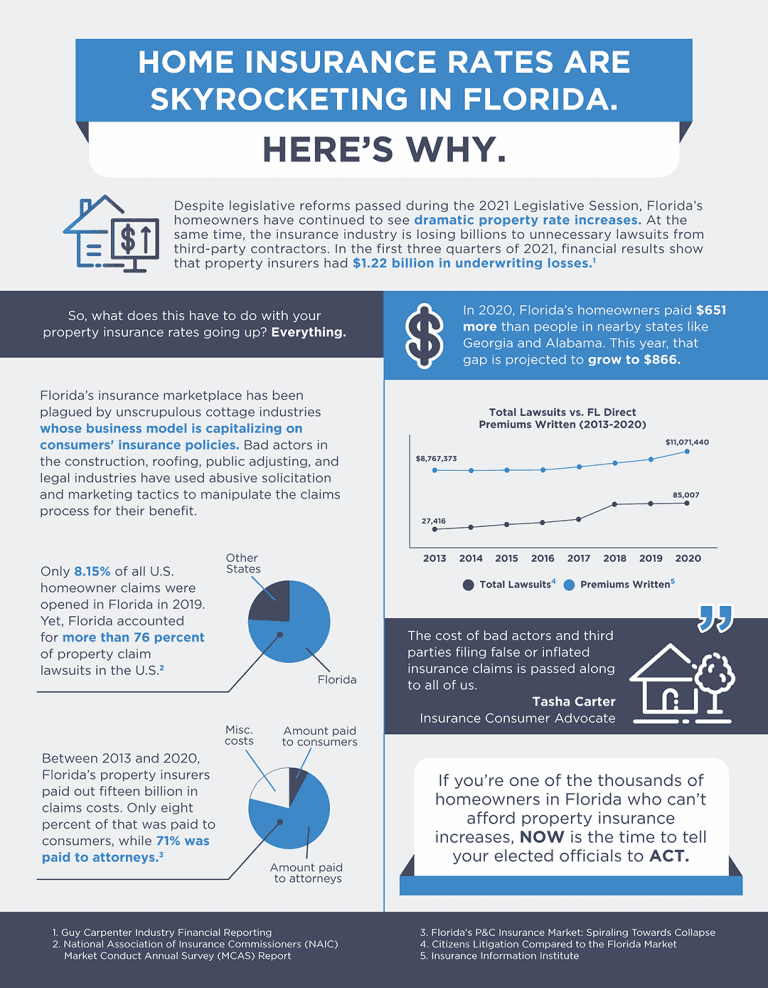Should I Stay or Should I Go? | Hurricane Season & Evacuation
Consider the following scenario. It is early September and you have just turned on the panic channel on TV to hear that a hurricane has just formed off the Cape Verde Islands and the directional arrow on the TV is pointing straight at your house. What do you do?
First of all, you should already have a strategy for hurricane preparedness where if the decision is made to implement the plan, action can swiftly be taken. In advance of the plan, you have already discussed your financial exposure to loss with your agent and know what your house is covered for, as well as your deductibles in the event of a claim. A storm can be tracked for 7-10 days after forming in the far eastern Atlantic, wherein the changes in trajectory may be forecast so that when the storm affects you there should be a reasonable expectation of severity. Depending on the intensity of the wind and rain, decisions will need to be made as to whether or not you should stay in your house or seek shelter in a safer structure.
Questions that you should ask yourself include:
- Am I in a mandatory evacuation zone?
- Do any household members have medical needs that require electricity, including air conditioning, as an electrical outage may persist for days or weeks after a storm passes?
- What is the condition of the roof and what kind of winds do you think it will withstand? This takes into account factors such as roof age as well as its overall condition and quality.
- Are the windows and doors protected so that if something blows into them they’ll withstand the impact? If a breach is caused to the structure, it may result in significant damage.
- In terms of the surrounding area, are there objects that may become airborne in a storm that may impact the building, or are there trees that overhang above the structure that may come crashing down on the roof? If the house has a potential exposure to falling trees which have not been pruned or cut back, then leaving may be prudent as tree limbs impaling a structure’s roof can be disastrous to the inhabitants even in a lower intensity storm.
- Is there enough water and food to last for 3 days after the storm has passed, along with the accessories needed to prepare and preserve your supplies? Common advice says that people need to be self-sufficient for up to 3 days, since emergency responders may take that long to provide relief in the event of a serious catastrophe.
It is smart to err on the side of caution, particularly if there are health issues involved.
No one likes to leave their homes unattended in an evacuation but sometimes it has to be done.
The closer you are to the ocean, the more likely it will be that an evacuation is necessary. Protect your life and yourself first and your possessions second when it comes to prioritizing with respect to decision making.






